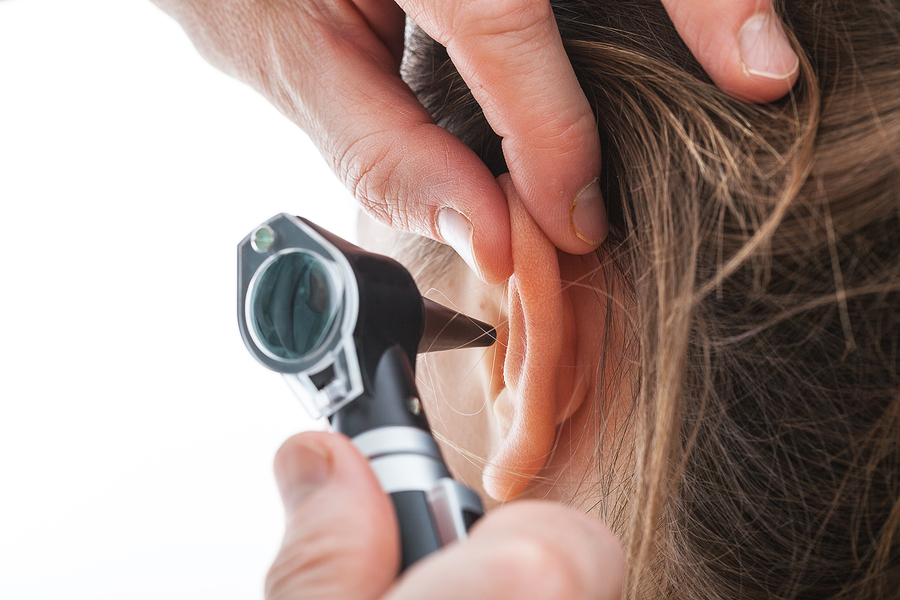Preserve Your Hearing
Hearing naturally deteriorates as we age – but is there anything we can do to stop it?
We take a look at tips to help protect your hearing, and give some suggestions for what to do if you’re struggling with hearing loss.
About Hearing Loss
Age is the most common reason for hearing loss, with most people naturally starting to lose some hearing by the time they are 40, with most significant hearing loss at 80. Exposure to loud noises is another prevalent cause of hearing loss, and is often preventable.
Both age related hearing loss and noise related hearing loss are known as sensorineural hearing loss. There are thousands of tiny hairs in the cochlea, a spiral section of the inner ear, which transform sound vibrations into electrical impulses for the brain. Sensorineural hearing loss happens when the hair cells inside the cochlea die or are damaged.
Age Related Hearing Loss
If you already have some hearing loss or are worried about age related hearing loss, you can take steps to preserve your hearing.
- Get your hearing regularly checked by a professional
- Wear a hearing aid if one is recommended, as it will help slow down further hearing loss
- Protect yourself against noise related hearing loss
- Keep your ears healthy
Protect Against Noise
Lots of us are exposed to noise at work, home or when we are out. There are a few things we can do to help protect against noise related hearing loss.
- If you work in a noisy environment, check health and safety rules, see what level of noise you are being subjected to, and find out if your employer should be providing you with noise protection equipment
- Wear protective ear muffs or earplugs when you are using a leaf blower, lawn mower, chain saw, loud hoover, or other noisy equipment at home
- Take frequent breaks if you are exposed to noise, especially in noisy bars or concerts or if you’re working with machinery
- Invest in ear plugs and keep them in your bag or pocket when you’re out
- If you find a situation too noisy, move away from it. Don’t sit next to speakers or too close to a stage when a band is playing
- If your partner snores, wear ear plugs at night – snoring can reach 80 or 90 decibels, which is about as loud as traffic
Moderate Music
Listening to music can be very damaging for our hearing if it’s too loud. However you can still listen to music safely if you make a few changes.
- Keep the volume low, and no more than 60% of your device’s capabilities
- Use headphones rather than ear phones, and never for longer than an hour at a time
- If you can’t hear noise outside your headphones, or if people can hear your music from a metre away, turn the music down
- Consider investing in noise reducing headphones if you do want to block out outside noise without having the volume up too high
- If you listen to music in the car or on speakers, don’t turn it all the way up
Have Healthy Ears
As well as being sensible around noise, you can make some simple lifestyle changes to help protect your hearing.
- If you smoke, get help quitting, as smoking may increase your risk of hearing loss
- Check if your medication could affect your hearing. Some medicines, including high doses of aspirin and some antibiotics, can damage the ear
- Control ear wax either by visiting the doctor to get it checked, or using a proper ear wax removal kit at home
- Never use cotton tips to probe your ears as you could end up damaging them
- Exercise regularly to help the blood flow to your ears
- Protect yourself against diseases which can cause hearing loss, such as measles or mumps
- Wear a helmet when cycling or playing contact sports to reduce your risk of head injury
- Dry your ears after bathing, and never swim in dirty water
Are you ever exposed to loud noises?
Rachel - Silversurfers Assistant Editor
Latest posts by Rachel - Silversurfers Assistant Editor (see all)
- Mushroom, spinach and egg bake - December 22, 2024
- Religious Christmas Carols Playlist - December 17, 2024
- Classic Christmas family films - December 16, 2024
- Find craft inspiration from the best Martha Stewart videos - December 2, 2024
- Tips for an eco-friendly Christmas - November 23, 2024




















